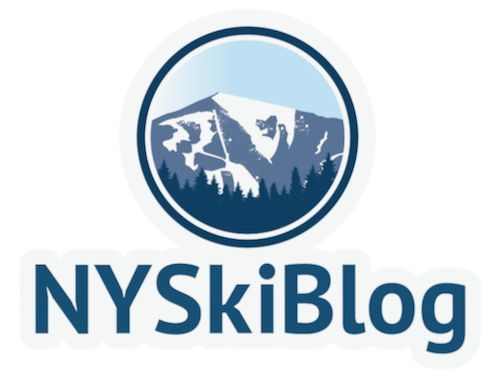Heliskiing at 10,000 feet is not that different from lift served given comparable challenge of terrain and snow.
But Silverton is indeed a different animal.
1) You're at 12,000 not 10,000 and that's a significant difference.
2) Much of the terrain involves hiking 30-45 minutes above the top of the chair which is at 12,200 feet. If you come from sea level, make sure you do Silverton at the end not the beginning of a week in Colorado.
If you are a very efficient skier in steep ungroomed snow you may manage the skiing OK, but for the hiking part you'll need to be a
unless you have slept in Colorado for several nights in advance.
My TR from 2004:
https://www.firsttracksonline.com/boards/threads/silverton-3-28-2004.5658/
I had slept 4 nights in Aspen at 8,000 and 4 more in Telluride at 9,500 before skiing Silverton, so I had no issues. There was a long thread on the old EpicSki forum from some customers who suffered a lot at Silverton.




